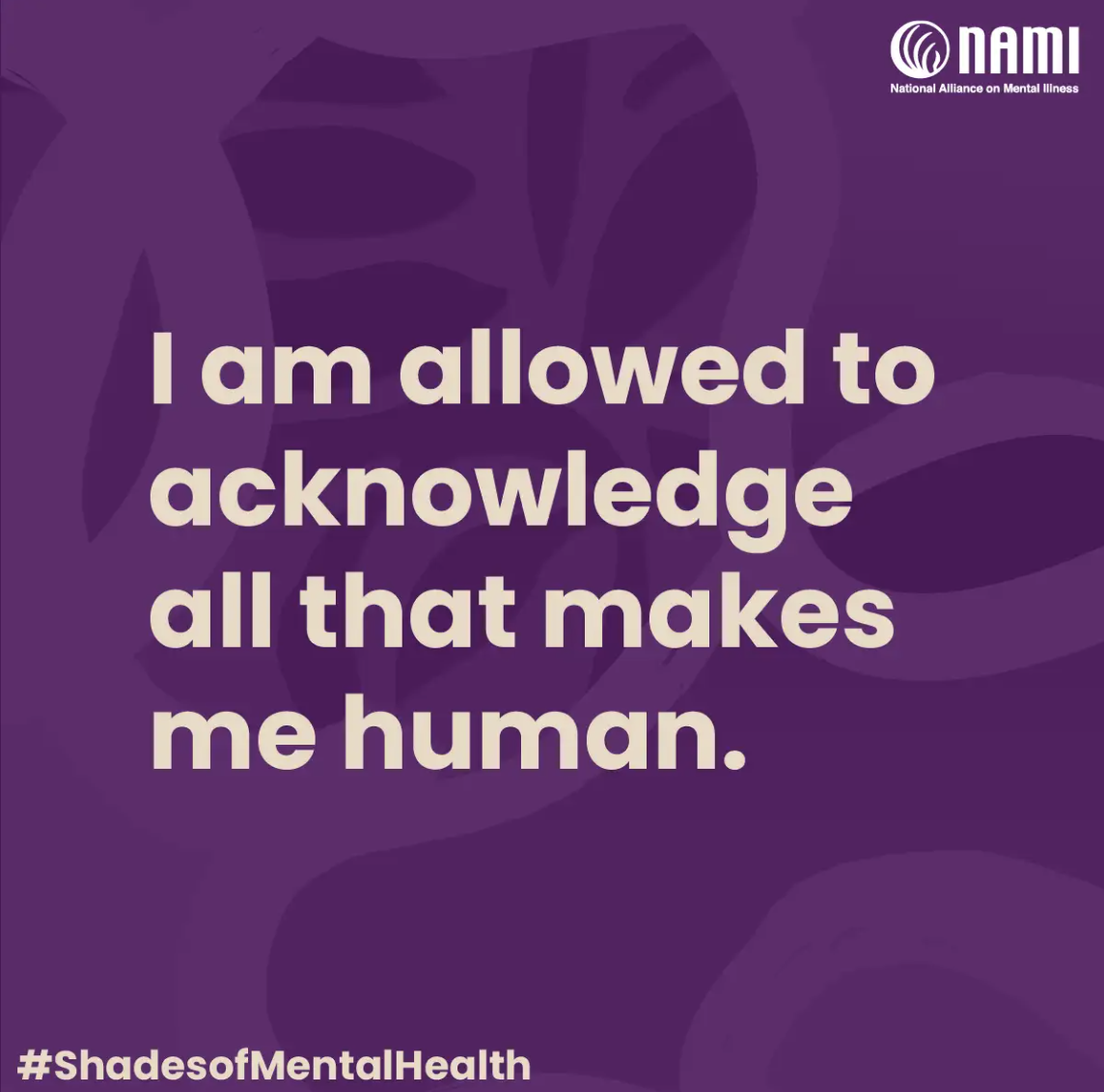Couples Therapy: 10 Things You Should Know
Medically Reviewed by Mark Hrymoc, M.D., Chief Medical Officer, double-board certified in General & Addiction Psychiatry When a relationship encounters challenges, many couples seek therapy to repair and enhance their connection. Couples therapy, or relationship counseling, offers a structured environment to address issues with the guidance of a trained therapist. The following points explain more about what to expect from couples therapy and how to make the most of it: 1. Understanding Couples Therapy Couples therapy is designed to help partners address conflicts, improve communication, and deepen emotional connections. According to a 2021 meta-analysis published in Psychological Bulletin, couples therapy is effective in improving relationship satisfaction and reducing symptoms of distress (Cuijpers et al., 2021). The therapist’s role is to facilitate dialogue, provide feedback, and offer strategies to tackle relationship problems. 2. The Initial Assessment Therapy typically begins with an initial assessment, where the therapist gains insight into your relationship’s …





